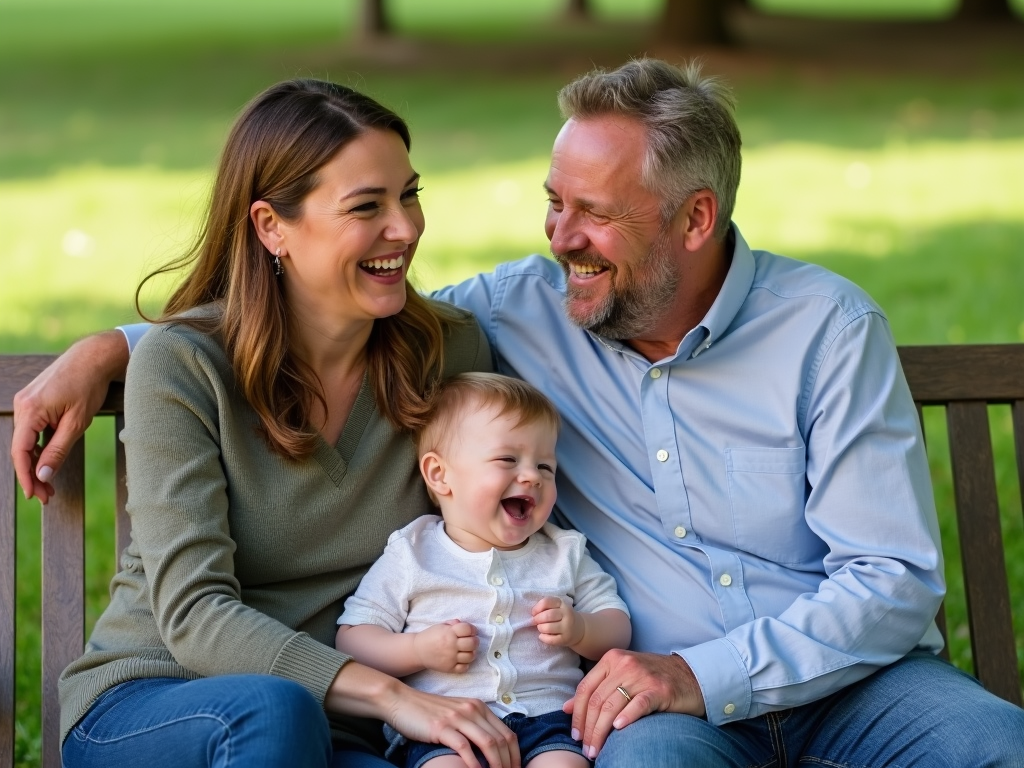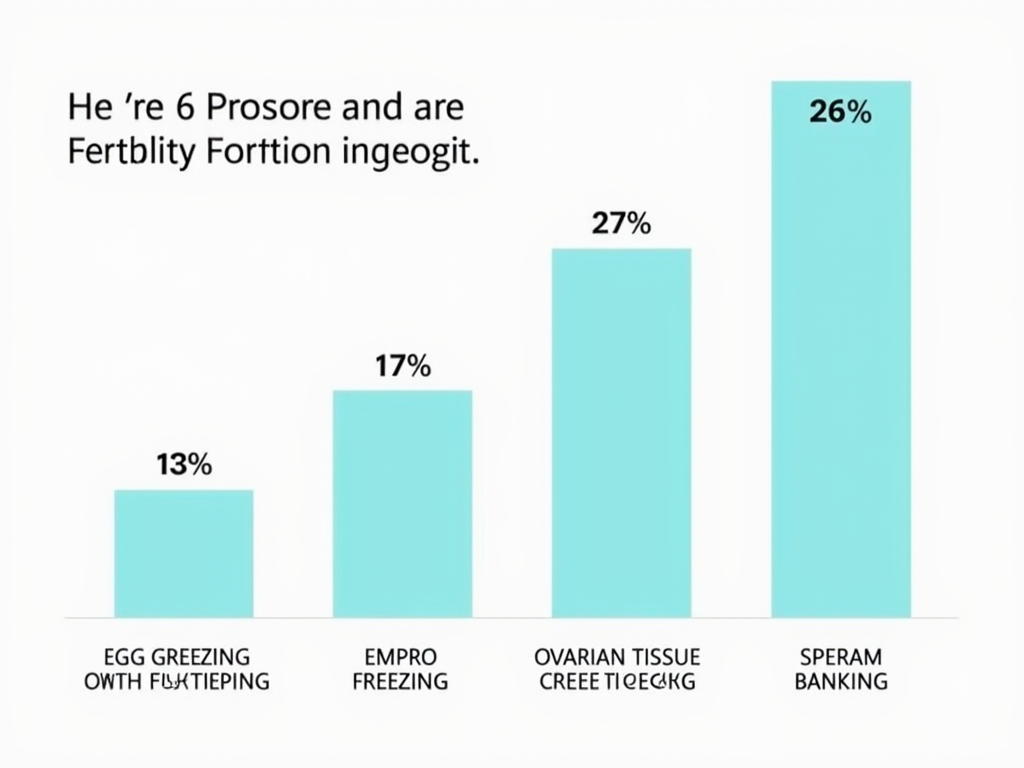Success Stories: Cancer Survivors Who Preserved Their Fertility
March 23, 2025, 11:52 a.m.
Cancer brings many challenges, but losing the chance to have kids doesn’t have to be one of them. In this article, we share Success Stories: Cancer Survivors Who Preserved Their Fertility. These real people faced tough diagnoses, learned about chemotherapy’s risks, and took action to protect their dreams of parenthood.
For many, a cancer diagnosis feels overwhelming. Then comes the news that treatment, like chemotherapy, might cause infertility. But there’s hope. Modern medicine offers ways to preserve fertility during chemotherapy. We’ll explore how it works and meet survivors who made it happen.

Understanding Chemotherapy and Its Impact on Fertility is key. Chemotherapy attacks fast-growing cells—like cancer cells—but it can also harm healthy ones. For women, it may damage eggs in the ovaries. For men, it can lower sperm count or quality. Age, drug type, and dose all play a role in how big the impact is.
Sarah, a 28-year-old breast cancer fighter, faced this reality head-on. She loved the idea of being a mom someday. When her doctor said chemotherapy could hurt her fertility, she didn’t give up. Instead, she met with a fertility expert. They suggested egg freezing—a process where doctors collect and freeze eggs for later use.
Sarah went for it. Before her treatment started, she took hormones to boost egg production. Then, doctors retrieved her eggs and froze them. It wasn’t easy—shots and appointments piled onto her cancer stress. But after beating cancer, she used those eggs with IVF. Now, she’s a mom to a little girl.

Next, meet John. At 32, he got hit with testicular cancer. He and his wife wanted kids, but chemotherapy loomed large. His doctor explained sperm banking—collecting and freezing sperm before treatment. John liked how simple it sounded. He banked his sperm, finished chemo, and later welcomed a son via IVF.
John’s story shows how quick action can pay off. Sperm banking took just a few visits, and it gave him peace of mind during treatment. He says, 'It felt like I was fighting for my future family, not just my health.' Today, he’s cancer-free and a proud dad.

Then there’s Emily, 25, who battled leukemia. Single but dreaming of kids, she faced high-dose chemo that could end her chances. Her team offered ovarian tissue freezing—removing and freezing part of her ovary. After treatment, they put it back, and she conceived naturally. Her daughter is her victory.
Emily now speaks out about fertility preservation. 'I didn’t know this was possible until I asked,' she says. Her journey proves options exist even when time is tight. She wants others to know they can plan ahead, too.

So, what are the ways to protect fertility? Here’s a quick look:
- Egg Freezing: Women freeze eggs for later.
- Embryo Freezing: Eggs get fertilized first, then frozen.
- Ovarian Tissue Freezing: Tissue is saved and reused.
- Sperm Banking: Men freeze sperm.
Each fits different needs—talk to a specialist to pick the right one.
Check out this table for a clear breakdown:
| Method | How It Works | Best For |
|---|---|---|
| Egg Freezing | Eggs collected and frozen | Women with time before treatment |
| Embryo Freezing | Eggs fertilized, embryos frozen | Women with a partner |
| Ovarian Tissue Freezing | Tissue removed and stored | Women needing fast action |
| Sperm Banking | Sperm collected and frozen | Men |

Thinking about fertility preservation during chemotherapy? Here’s what to do: 1. Ask your cancer doctor how treatment might affect you. 2. Get a fertility specialist on board fast. 3. Weigh your options—cost, timing, and odds. 4. Act before treatment if you can. 5. Talk to someone—a counselor or group—to handle the emotions.
It’s a big decision. Sarah felt scared but empowered. John found it gave him control. Emily saw it as hope. Fertility preservation isn’t just science—it’s about keeping your dreams alive. Costs can vary, and insurance might help, so check early.

Why does this matter? Cancer can take a lot, but it doesn’t have to take everything. Infertility is a real risk, but these stories show it’s not the end. Research keeps improving—success rates are climbing. If you’re facing cancer, you’ve got more power than you might think.
Let’s wrap up. Success Stories: Cancer Survivors Who Preserved Their Fertility like Sarah, John, and Emily light the way. They faced chemo’s challenges and still built families. Fertility preservation works—it’s hope you can hold onto. Ask your doctor today what’s possible for you.